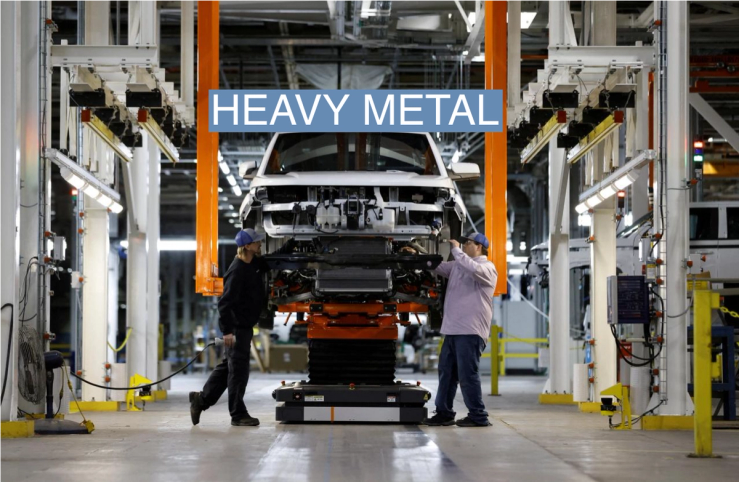The News
American cars are getting heavier every year.
The average weight of a new vehicle sold in the U.S. last year was 4,329 pounds —- 1,000 pounds higher than in 1980 –– and up 175 pounds from 2019.
We’ve gathered insights and analysis on what more weight on the roads means for safety and the environment.
Insights
- Energy-efficient features such as batteries in electric vehicles often come at the cost of more weight. A long-range sedan or SUV that requires EV batteries is roughly 1,000 to 1,500 pounds heavier than one powered by gasoline, and those figures could double within the next year as new EVs could weigh more than 8,000 pounds. —- Bloomberg
- Crashing a heavier car could lead to a higher percentage of fatalities on the road. It’s a matter of simple physics –– during a collision, more energy imparts from a heavier vehicle than a lighter one. The National Transportation Safety Board chair Jennifer Homendy warned earlier this year that there was an “increased risk of severe injury and death for all road users” as “size, power, and performance of vehicles on our roads” go up. — Ars Technica
- Crash-avoidance technology may be the way to counter the problem of heavier, more energy-efficient vehicles. Cameras and radar systems have “have huge potential to drop the total number of severe crashes” and fatalities on the road, said Raul Arbelaez of the Insurance Institute for Highway Safety. — WIRED
AD


